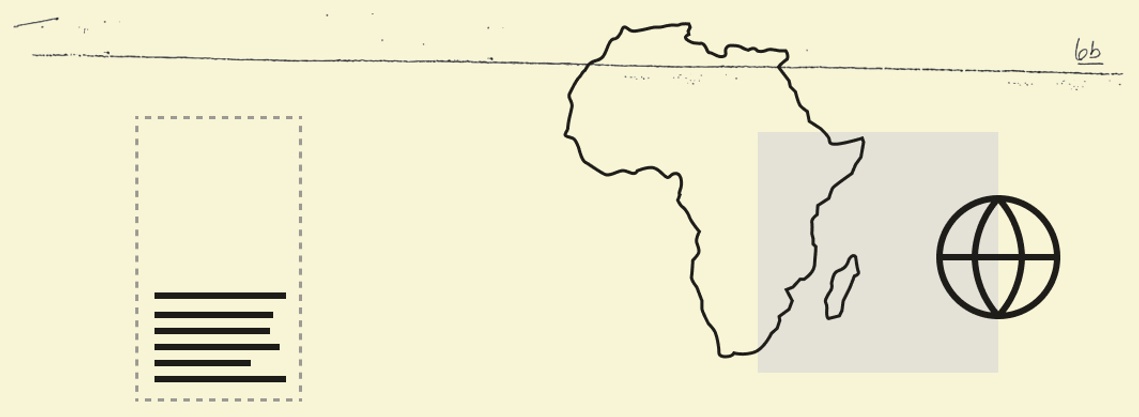 Governance Reuters/Liesa Johannssen Reuters/Liesa Johannssen🇰🇲 Comoros President Azali Assoumani was sworn in on Sunday following his reelection to another five-year term with 63% of the vote in January. Geopolitics🇰🇪 🇺🇬 Kenya and Uganda resumed cross-border trading after their presidents signed an agreement to end discriminatory taxes, levies, and import duties for goods originating from another East African country. 🇰🇪 An advance team of Kenyan police officials which arrived in Haiti last week was set to return this week following logistical delays. Sources in Kenya said crucial resources are needed before deployment of the first 200 police officers can take place. Commodities🇬🇭 Ghana’s cocoa regulator will borrow up to $1.5 billion by September to finance cocoa purchases in the 2024 to 2025 financial year and compensate for low output, sources told Reuters. Tech🇰🇪 Microsoft said it would support the development of an artificial intelligence model in Kiswahili as part of it’s $1 billion investment in Kenya’s tech ecosystem.  Nikolas Kokovlis/NurPhoto via Getty Images Nikolas Kokovlis/NurPhoto via Getty Images🇿🇼 Zimbabwe became the eighth African country to license Starlink to provide satellite internet services, President Emmerson Mnangagwa announced on Saturday. He said that Starlink would partner with a local company IMC Communications. 🇺🇬 MTN Uganda said it would sell shares left over from its 2021 initial public offering to local investors to expand local ownership and comply with regulatory requirements. Deals🇳🇬 Paystack led a group of Nigerian tech companies in acquiring Brass a banking startup for small businesses in Nigeria. 🇬🇭 Ghanaian firm Injaro Investment Advisors acquired Outdoor Holding, owner of Ghanaian advertising company DDP Outdoor. 🇨🇩 Persistent Energy, an investor in climate solutions, made an investment in Altech, an electric vehicles provider in DR Congo, to enable the latter’s expansion. |